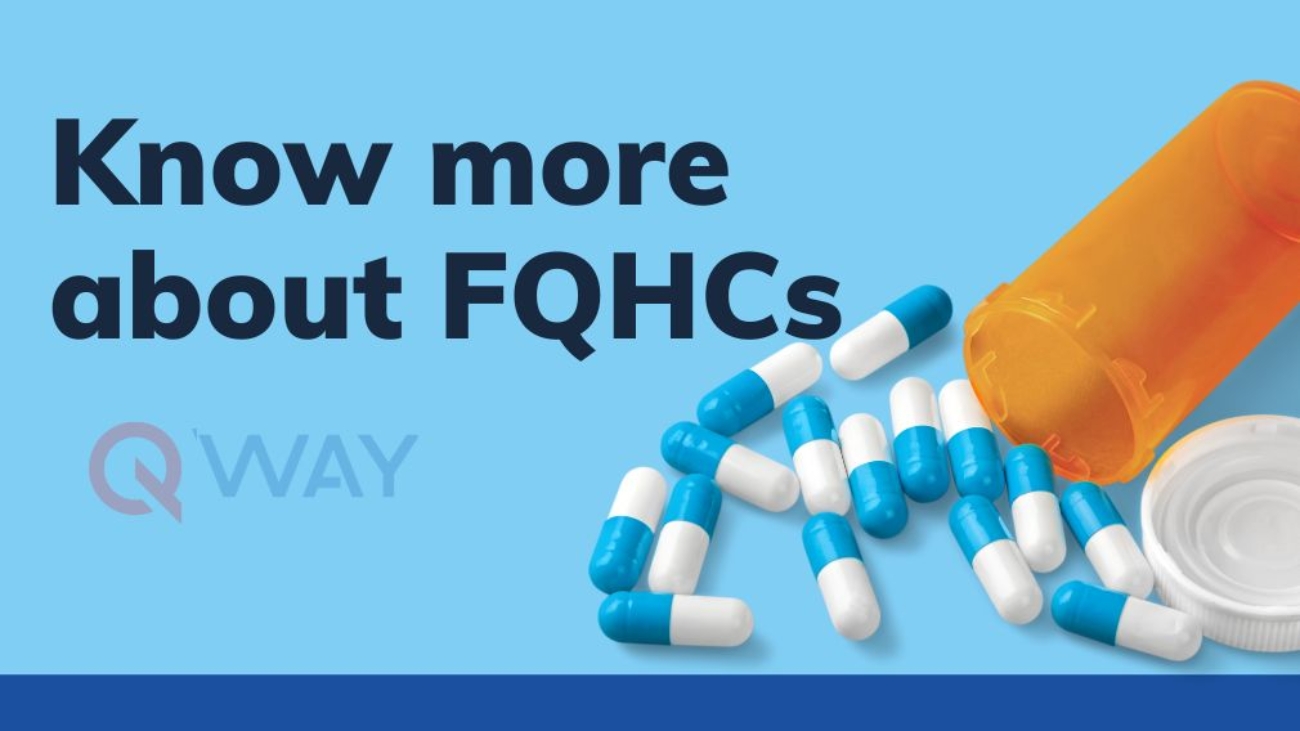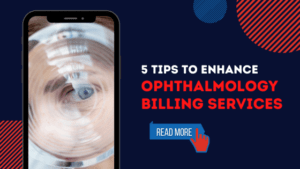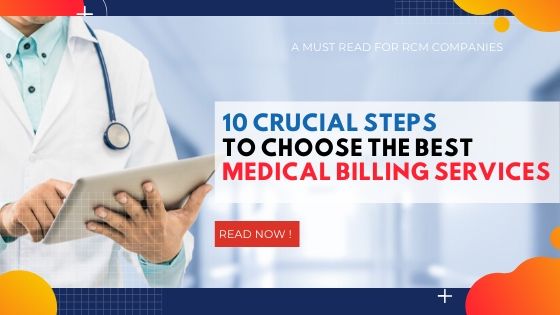According to a Commonwealth Fund study, FQHCs that accept Medicare coverage provide greater patient care and behavioral health access compared to those that do not. It is often seen what kind of weary effects society bears if not bestowed upon the right and equitable access to healthcare. Federally Qualified Health Centers are transitioning to the model of value-based care and the two concentrations where FQHCs play an important part are rural and hyper-urban areas. In NYC, most private practice doctors don’t accept any insurance. This stretches the gap and shuts the possible avenues for many patients to get access to private care and not to forget the underserved communities face the worst of it.
Let’s brush up our brains with some commonly asked questions about Federally Qualified Health Centers.
- What is a federally qualified health center (FQHC)?
An FQHC is unique only in the way it is paid for services eligible for an encounter payment, not by the scope of coverage for which it is paid. A corporation with multiple sites may be designated as a single FQHC, or each site may be designated as an individual FQHC, depending on the designation by the U.S. Department of Health & Human Services (DHHS).
A federally qualified health center (FQHC) is a facility that is any of the following:
• Receiving grants under Title 42, Chapter 6A, Subchapter II, Part D, subpart i, section 254b of the U.S. Code (formerly known as Section 330 of the Public Health Services Act)
• Receiving the grants referenced above based on the recommendation of the Health Resources and Services Administration (HRSA) within the Public Health Service, as determined by the secretary, to meet the requirements for receiving such a grant
• A Tribe or Tribal organization operating outpatient health programs or facilities under the Indian Self-Determination Act that elects to be designated as an FQHC (see the program overview in the Tribal Health Program Billing Guide for more information.)
Check out QWay’s FQHC Billing and Coding services
- Who may provide services in an FQHC?
The following people may provide FQHC services:
• Physicians
• Dentists
• Physician assistants (PAs)
• Nurse practitioners (NPs)
• Nurse midwives or other specialized nurse practitioners
• Certified nurse midwives
• Registered nurses (RNs) or licensed practical nurses (LPNs)
• Mental health professionals
• Naturopathic physicians
- How does an FQHC enroll as a provider?To enroll as a provider and receive payment for services, an FQHC must:
Receive FQHC certification for participation in the Title XVIII (Medicare) program according to 42 C.F.R. Part 491.
• Submit a signed Core Provider Agreement (CPA).
• Comply with applicable federal, state, and local laws, rules, regulations, and agreements. When enrolling a new clinic through ProviderOne, select the Fac/Agency/Org/Inst option from the enrollment type menu. When adding a new site or service, indicate on the CPA that the provider is an FQHC.
- What services are considered encounters? Only certain services provided in the FQHC are considered encounters. The FQHC must bill the agency for these services using HCPCS code T1015, and the appropriate HCPCS or CPT code for the service provided.
The following services qualify for FQHC reimbursement:
Physician services specified in 42 CFR 405.2414
• Dental services specified in 42 CFR 440.100
• Nurse practitioner or physician assistant services specified in 42 CFR 405.2414
• Mental health services specified in the Mental Health Services Billing Guide
• Visiting nurse services specified in 42 CFR 405.2416
• Nurse-midwife services specified in 42 CFR 405.2401
• Preventive primary services specified in 42 CFR 405.2448
• Naturopathic physician services as specified in the Physician-Related Services Billing Guide
Categories of encounters:
Encounters may be reported for each of the permitted cost centers.
Those cost centers are:
• Medical/maternity – lower acuity mental health services
• Maternity Support Services/Infant Case Management
• Dental
• Mental health – higher acuity services
• Substance use disorder
• Mental health – Psychiatrist/psychologist for lower acuity mental health services
- FQHC Policies Addressed in the CY 2023 Physician Fee Schedule Final Rule:
CMS issued the CY2023 Medicare Physician Fee Schedule Final Rule which included several provisions that impacted FQHCs. A list of provisions effective January 1, 2023, is outlined below. Information regarding each of these policies is available in the CY 2023 Medicare Physician Fee Schedule Final Rule Fact Sheet.
- New Care Management Codes for Chronic Pain Management (CPM) and General Behavioral Health Integration (GBHI)
- Conforming Technical Changes to 42 CFR 405.2463 and 42 CFR 405.246
- The following HCPCS codes have been revised to reflect the updates in the Consolidated Appropriations Act (CAA), 2023:
| HCPCS Code | CY 2023 Payment Rate |
| 1. G0511 | $77.94 |
| 2. G0512 | $146.73 |
| 3. G0071 | $23.72 |
| 4. G2025 | $98.27 |
- What FQHC-related activities are NOT covered by the agency?The following circumstances are not covered by the agency and cannot be billed either as an encounter or on a fee-for-service basis:
Participation in a community meeting or group session that is not designed to provide health services.
• Health services provided as part of a large-scale effort.
QWay Healthcare has been an industry specialist for the last 12 years and employs trained professionals to make better and accessible RCM services available at just a click. Contact us today for any RCM related queries.




